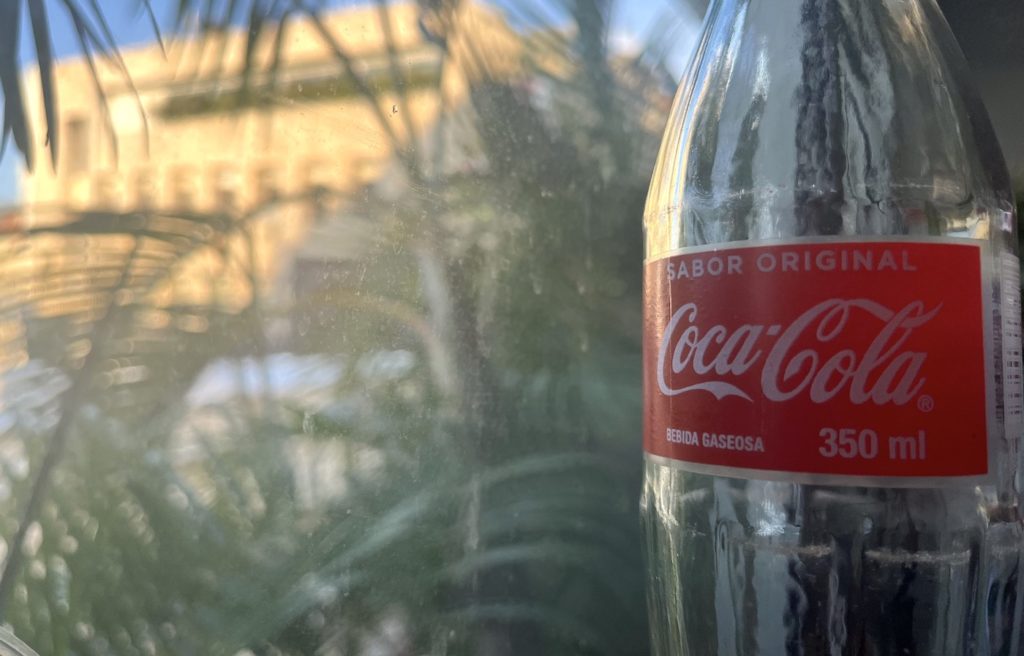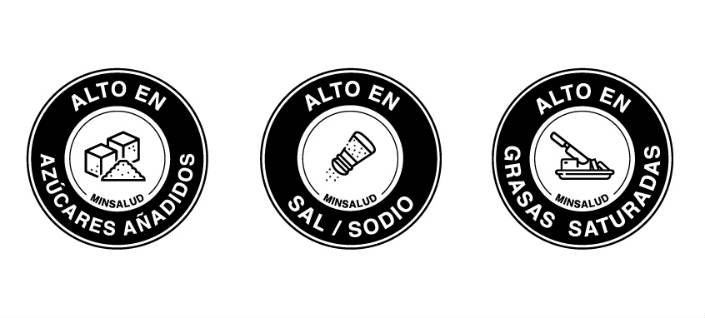
The “healthy tax,” set to impose levies on sugary beverages and processed foods in Colombia, will take effect on November 1, in accordance with the tax reform passed last year. The legislation has outlined a phased implementation until 2025, culminating in a 20% price hike.
This tax received approval after years of social and political debates regarding the necessity of curbing the consumption of unhealthy foods, which, due to their affordability and popularity, are widely consumed by the public. The government’s initial step in this direction in 2021 was to affix black nutritional labels to these foods, highlighting excess sugars, salt, or saturated fats in a prominent position on the packaging.
While the regulation has received judicial backing, it has not evaded political opposition. Some critics have voiced concerns that neighborhood stores, primarily engaged in selling these types of products, may witness an up to 8% drop in sales.

Products and Impacts
Official data indicates that the tax will directly impact 21 out of the 443 products comprising the essential Consumer Price Index (IPC) basket. Among these, sausages, potato chips, chocolate cookies, confectionery, cakes, and soft drinks, widely consumed in Colombia, will be affected.
Commencing in November, the tax will lead to a 10% price hike for these products by the year’s end. In 2024, the increase will rise to 15%, culminating in a 20% price surge in 2025.
After substantial deliberation, it was decided to exempt bread, wafers, salami, bologna, “arequipe” (a type of caramel spread), and “bocadillo” (a sweet guava paste).
For instance, a bag of potato chips currently priced at 6,600 pesos will rise to 7,260 in November this year, 7,590 in 2024, and finally, 7,920 in 2025, with a 20% increase attributed to the tax.
Similarly, a pack of seven sausages, currently at 10,300 pesos, will cost 11,330 by the end of 2023, increase to 11,845 next year, and reach 12,360 pesos in 2025.
Ricardo Bonilla, the Minister of Finance, anticipates that the tax’s impact on overall inflation will amount to 0.21 percentage points in 2023, 0.11 percentage points in 2024, and 0.12 percentage points in 2025.
Who Will Bear the Increases?
Apart from criticism from opposition quarters, who argue that educational campaigns could have been more effective in altering poor dietary habits than taxing food, there is a belief that the end consumer will likely shoulder the economic burden of the tax.
Legal experts assert that the end consumer is the most probable bearer of the tax’s economic impact. Nevertheless, the director of DIAN, the Colombian tax authority, has clarified that in the case of restaurants, for instance, this tax will not be passed on to consumers.
Elian Galeano, director of DIAN, stated, “Let us not forget that the primary objective of these taxes is to deter the consumption of certain products with adverse health effects due to their sodium, sugar, or saturated fat content, and the way to discourage the consumption of these products is by making them more expensive through taxation.”
See all the latest news from Colombia and the world at ColombiaOne.com. Contact our newsroom to report an update or send your story, photos and videos. Follow Colombia One on Google News, Facebook, Instagram, and subscribe here to our newsletter.

